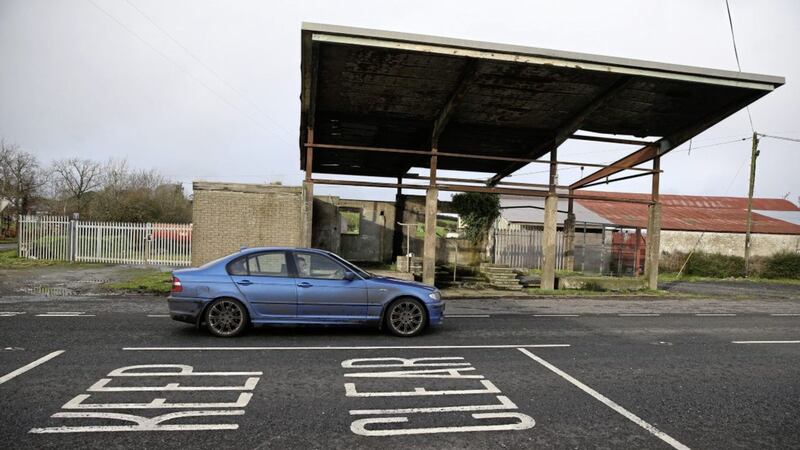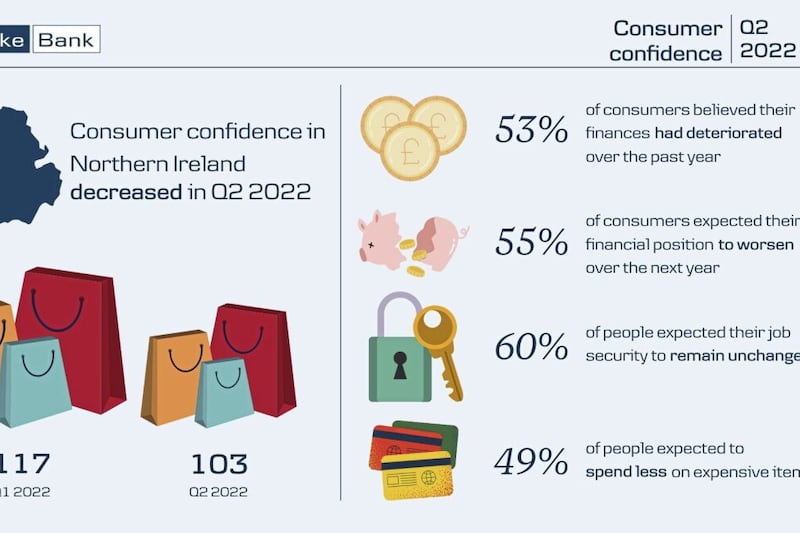AS we enter the autumn, we are also entering the autumn of the UK’s membership of the European Union. But despite how close ‘Brexit Day’ now is, we still do not have a completed withdrawal agreement which would see the UK leave the EU in a managed and orderly way. Therefore, while I still believe that it is an unlikely outcome, it is unfortunately not possible to rule out a ‘no deal’ Brexit occurring on March 29 next year.
That being the case, the UK government recently published the first tranche of guidance notes setting out some of the issues that businesses and consumers would need to be prepared for if the UK crashed out of the EU without a deal. The notices covered a range of topics including nuclear research, farming, importing and exporting, money and tax, regulating medicines, state aid and workplace rights to name a few.
The scope of these notes reveals just how many different parts of our society, and people’s lives, are currently permeated by the UK’s membership of the European Union.
And this is just the first set – the government are expected to publish more notices in the weeks ahead, bringing the total number to around 80.
I do not recall much discussion during the referendum about how Brexit might impact the movement of nuclear material or the approval process for selling organic food in the EU. But, alas, there’s not much we can do about that now.
Turning to the notices themselves, it’s worth taking a look at what they actually say. Here are a few of the key points.
In the event of a ‘no deal’ Brexit, businesses involved in international trade would be required to treat the movement of goods between the UK and the EU in the way that they currently treat goods moving between the UK and non-EU countries.
Tariffs and rules of origin requirements would be imposed on goods going between the UK and the EU. For goods entering the European Union from the UK, the EU would apply charges in line with its Common Customs Tariff. For goods entering the UK from the EU, UK-specific tariffs would apply.
However, we don’t yet know what these UK tariffs would be. As a member of the EU, the UK currently applies the EU’s tariffs to goods entering from third countries. But after Brexit, the tariffs set by the UK could be different to those applied by the European Union.
Customs declarations would need to be submitted for goods coming into and leaving the UK, and safety and security declarations would have to be submitted by those responsible for the physical movement of the goods.
The notes also state that businesses may need to consider hiring a customs broker to assist with submitting customs declarations, or get set up with the appropriate systems from HMRC if they wish to do it themselves. However, both of these options would be costly.
There would also be changes to VAT rules. The government proposes allowing businesses to defer when they pay import VAT on goods. For low value parcels, foreign businesses will have to pay VAT to HMRC using a new online platform.
With regards to financial services, for European businesses that operate in the UK under the EU’s ‘passporting’ rules, a Temporary Permissions Regime would be established to allow them to keep providing services on a short-term basis while going through the full process of becoming authorised by the regulators in the UK.
But the same would not necessarily be true for UK businesses that passport into Europe in the event of a ‘no deal’. The decision on whether, or under what terms, they may be able to continue providing services is a decision for the EU alone.
It is also possible that making euro payments from the UK could become slower and pricier if we fall outside of the EU’s payments infrastructure, and the cost of card payments between the UK and the EU would also likely increase as the surcharging ban would no longer apply in the event of a ‘no deal’ exit.
Some of the notices also included a reference to Northern Ireland and local businesses. For example, the trade note suggested that businesses in Northern Ireland may need to seek guidance from the Irish government as well as the UK government when making Brexit preparations.
This emphasises that while the UK government may be able to take some decisions in response to a ‘no deal’ outcome, it would have no control over the response of the EU and its member states. For many of the pain points that a ‘no deal’ scenario would result in, the UK Government would be powerless to intervene.
These notices are further evidence that a no deal Brexit would be a disaster for the UK. For many businesses, there would be a substantial increase in bureaucracy and costs. Consumers would likely face a rise in prices and other charges.
And the government would find itself facing a plethora of complex policy choices, with very little time to make and implement decisions. The impact would likely be less severe in the EU than in the UK, but there would be many difficulties for businesses, consumers and governments across Europe as well.
A ‘no deal’ Brexit would be bad for businesses, bad for consumers and bad for the government. Such an outcome is one that would result in no winners – it must be avoided.
:: Conor Lambe is Danske Bank economist in Northern Ireland. Follow him on @ConorLambe
:: Next week: Brendan Mulgrew








